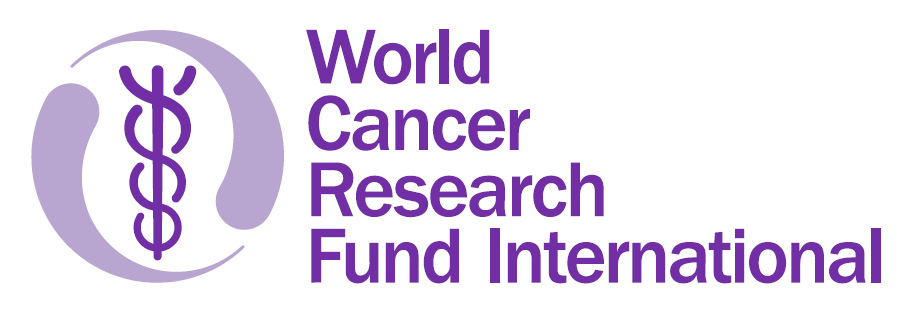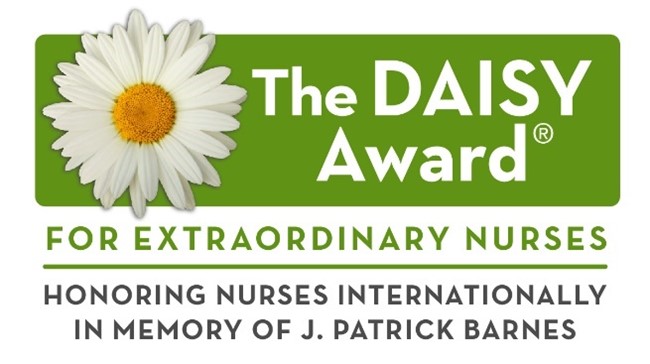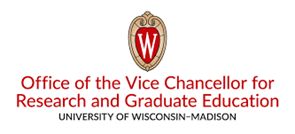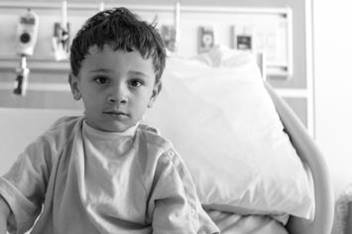Skeens Lab Research Projects
We are grateful for the generous support of funders who share our mission to improve outcomes for children undergoing medical treatment. See below for a summary of our major projects.
Current Projects
Principal Investigator: Dr. Micah Skeens
In this study, we are working to evaluate a groundbreaking mobile health (mHealth) app called BMT4me ©. The app is a centralized resource for caregivers of children undergoing bone marrow transplant which aims to track symptoms and improve medication adherence through scheduled notifications. We are evaluating the user acceptability of the app in this vulnerable population, as well as its efficacy in promoting adherence to immunosuppressants and anti-infective medications. In addition to the innovative mHealth app, this tech-forward study also incorporates medication management devices (MEMS caps, WisePill boxes, etc.).
Thank you to NIH/NINR for funding this study (NIH Grant Number: R00NR019115).
Principal Investigator: Dr. Micah Skeens
This multisite study expands upon our work with the BMT4me © study to transcreate the BMT4me © mHealth app into Spanish and evaluate its usability and acceptability in Spanish-speaking caregivers of children in the acute phase (first 100 days) post-hematopoetic stem cell transplant (HSCT). This is a mixed-methods process incorporating quantitative data obtained through surveys and qualitative analysis of interviews and Community Advisory Board focus groups.
Collaborating Institution: Columbia University
Thank you to NIH/NIMHD for funding this study (NIH Grant Number: R21MD019075).
Principal Investigator: Dr. Micah Skeens
The goal of this study is to examine associations between allocation of treatment responsibility and adherence among adolescents and emerging adults ages 12-25 (AEAs). With this study, we investigate the attitudes of both AEAs and their caregivers about their roles in the AEA’s treatment journey. Our patient population for this study includes those who have cancer or are recipients of hematopoietic stem cell transplant.
Collaborating Institution: Cincinnati Children’s Hospital
Thank you to Nationwide Children’s Hospital for funding this study.
Principal Investigator: Dr. Micah Skeens
This study’s goal is to develop and evaluate a novel AI-based chatbot that aids families of children with cancer. In phase 1 of this study, we are engaging stakeholder focus groups to inform the co-design of the chatbot. In phase 2, we will explore feasibility and acceptability of a chatbot through user testing and thematic content analysis with caregivers of children with cancer.
Thank you to the World Cancer Research Fund for funding this study.
Principal Investigators: Dr. Micah Skeens and Dr. William R. Black
In this study we are working to evaluate the feasibility of implementing an adaptive augmented reality program (ARWell Pro ©) with pediatric cancer patients undergoing chemotherapy. These children face numerous challenges that impede their physical activity, leading to a decline in overall health, psychological well-being and treatment outcomes. Therefore, by immersing patients in engaging, interactive and personalized virtual environments, this project aims to increase motivation to participate in physical activity engagement by providing activity choices that are tailored to fitness and ability level.
Thank you to the CarsonStrong Foundation for funding this study.
Featured Past Projects
Principal Investigator: Dr. Kitty Montgomery
Nationwide Children's Hospital Principal Investigator: Dr. Micah Skeens
In this cross-sectional study, we recruit children receiving treatment for cancer to examine the interdependency of quality of communication between caregiver/child dyads and their reporting of cancer symptoms. We hypothesize that child-caregiver dyads with closed communication will demonstrate greater discordance in cancer symptom reporting and children will report higher (worse) symptom scores.
Collaborating institution: University of Wisconsin – Madison
Thank you to the University of Wisconsin – Madison for funding this study.
Principal Investigator: Dr. Micah Skeens
This study aimed to assess the feasibility and codesign the BMT4me © mobile health (mHealth) medication adherence app through focus groups with researchers and healthcare providers of children undergoing hematopoietic stem cell transplant.
Thank you to the Oncology Nurses Foundation for funding this study.
Principal Investigator: Dr. Micah Skeens
This study recruited caregiver/child dyads of children recently diagnosed with cancer. The purpose of the project was to explore feasibility and acceptability of a novel symptom-monitoring app for children to communicate their symptoms through user testing and thematic content analysis.
Thank you to the Johnson & Johnson Foundation for funding this study.
Principal Investigator: Dr. Micah Skeens
This was a mixed methods pilot study designed to assess acceptability and usability of an early iteration of the BMT4me © medication adherence app for caregivers of children after hematopoietic stem cell transplant.
Thank you to NIH/NINR for funding this study (NIH Grant Number: K99NR019115).
Principal Investigator: Dr. Micah Skeens
This was a qualitative study in which we interviewed parent/child dyads of children undergoing HSCT to learn about barriers and facilitators to medication adherence and gather feedback in an effort to co-design a novel mHealth app.
Thank you to The DAISY Foundation for funding this study.
Principal Investigator: Dr. Micah Skeens
This longitudinal, nationwide study took place in the early days of the COVID-19 pandemic and explored children and adolescents’ social and emotional experiences and responses to the pandemic. This study used Facebook to recruit over 500 child/parent dyads.
Thank you to Nationwide Children’s Hospital’s Intramural Funding Program for funding this study.
Principal Investigator: Dr. Micah Skeens
In partnership with Momcology, this study examined quality of life and vaccine hesitancy in children with cancer in the early days of the COVID-19 pandemic.
Thank you to Nationwide Children’s Hospital’s Intramural Funding Program for funding this study.
Thank You to Our Funders












